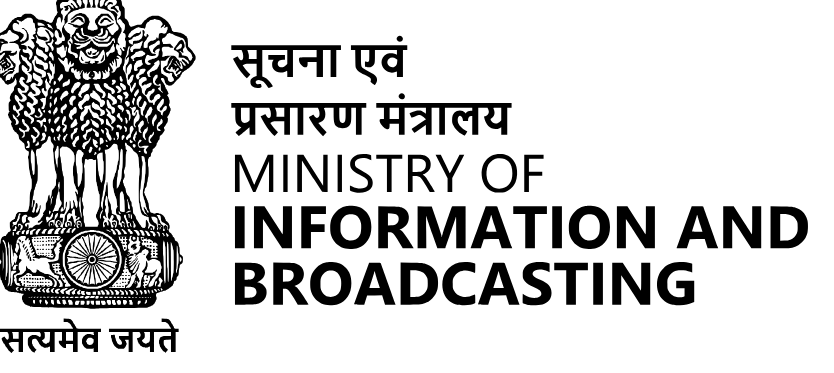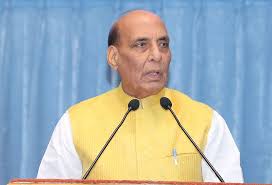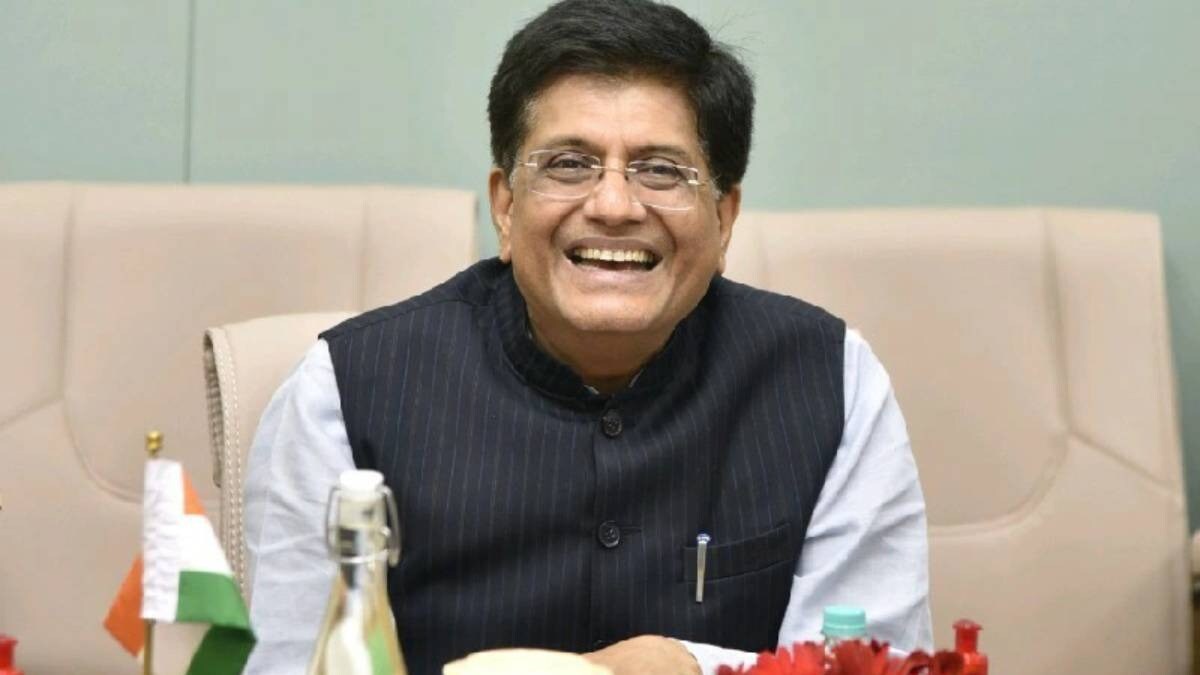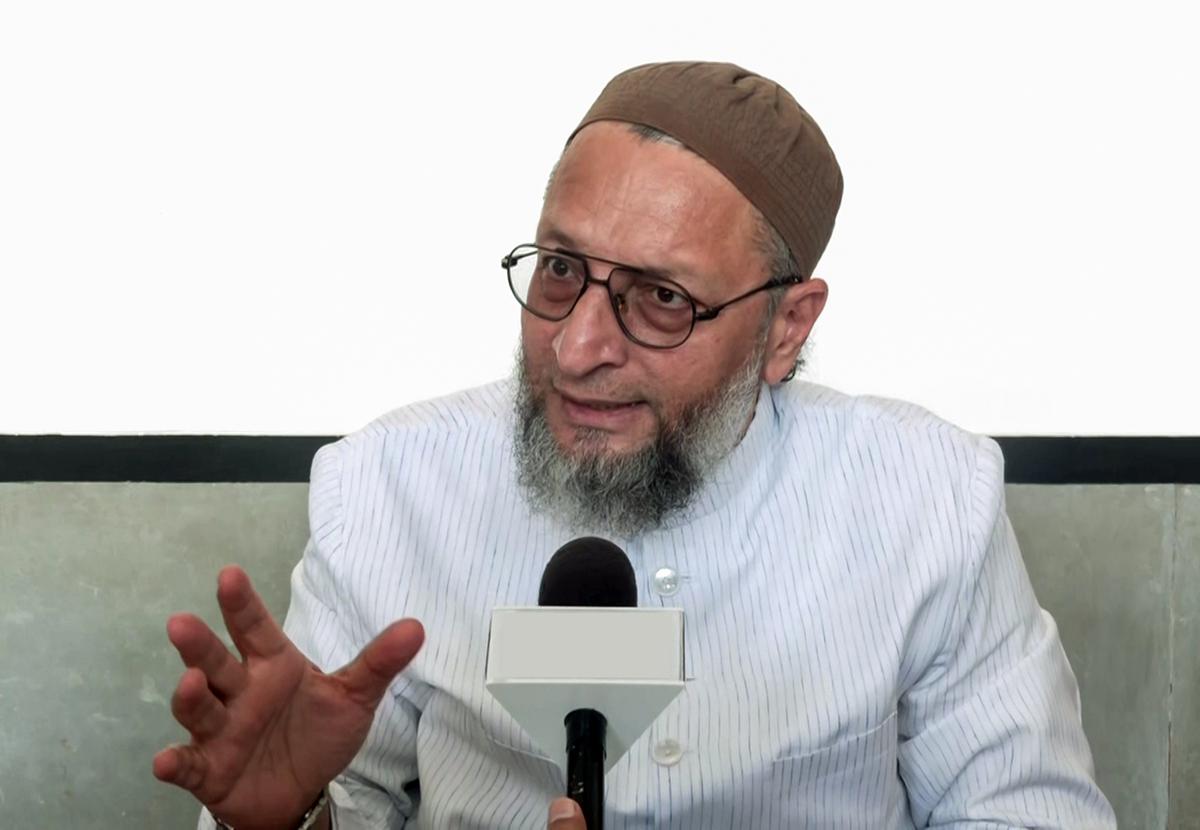Govt releases draft Broadcasting Services (Regulation) Bill, 2023
Sat 11 Nov 2023, 12:30:19

Government has released the draft Broadcasting Services (Regulation) Bill, 2023 and sought comments on it. The draft Bill provides for a consolidated framework to regulate the broadcasting services and seeks to replace the existing Cable Television Networks (Regulation) Act, 1995 and other policy guidelines currently governing the broadcasting sector in the country.
It streamlines regulatory processes, extends its purview to cover the Over-the-Top (OTT) content and digital news, and introduces contemporary definitions and provisions for emerging technologies. The Information and Broadcasting Ministry said the bill enhances self-regulation with the introduction of Content evaluation committees and evolves the existing Inter-Departmental Committee into a more participative and broader Broadcast Advisory Council.
It also introduces statutory penalties including advisory, warning, censure and monetary penalties for operators and broadcasters. The Ministry added that provision for imprisonment or fines remains, but only for very serious offenses, ensuring a balanced approach to regulation. Under this bill, the monetary penalties and fines are linked to the financial capacity of the entity, taking into account their investment and turnover to ensure fairness and equity. It also seeks to provide
different programme and advertisement codes for different Broadcasting Network Operators and accessibility measures for persons with disabilities.
different programme and advertisement codes for different Broadcasting Network Operators and accessibility measures for persons with disabilities.
Information and Broadcasting Secretary Apurva Chandra told media in New Delhi that currently the broadcasting sector is being governed by various Acts and all these Acts will be subsumed into one.
Presently, the Cable Television Networks (Regulation) Act of 1995 has been in effect for three decades, serving as the primary legislation overseeing content on linear broadcasting including cable networks.
However, the broadcasting landscape has undergone significant changes in the interim. With the digitization of the broadcasting sector especially in cable TV, there is a growing need to streamline the regulatory framework. Recognizing the need for a more cohesive approach, the existing fragmented regulatory framework is required to be replaced with a new and comprehensive law.
The I&B Ministry asserted that it is committed to ushering in a new era of transparency, self-regulation, and future-ready broadcasting services in the country with this bill. The comments on this bill can be sent on email id jsb-moib@gov.in, within the next 30 days.
No Comments For This Post, Be first to write a Comment.
Most viewed from National
Most viewed from World
AIMIM News
Asaduddin Owaisi questions PM Modi's China policy
Jan 08, 2025
Owaisi slams UP over police post near Sambhal mosque
Dec 31, 2024
Owaisi hails SC order on Places of Worship Act
Dec 13, 2024
AAP Corporator Tahir Hussain joins AIMIM party
Dec 11, 2024
Latest Urdu News
Most Viewed
May 26, 2020
Which political party will win the Delhi Assembly polls to be held on Feb 5?
Latest Videos View All
Like Us
Home
About Us
Advertise With Us
All Polls
Epaper Archives
Privacy Policy
Contact Us
Download Etemaad App
© 2025 Etemaad Daily News, All Rights Reserved.






.jpg)
.jpg)
.jpg)
.jpg)
.jpg)
.jpg)

.jpg)
.jpg)
.jpg)
.jpg)
.jpg)

.jpg)
.jpg)
.jpg)

.jpg)

















